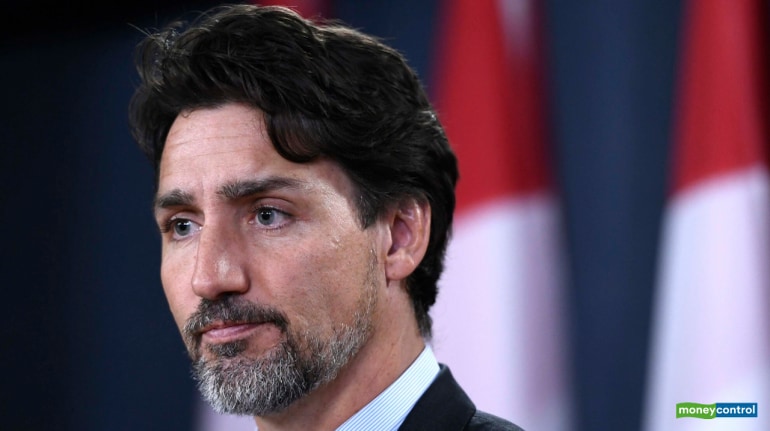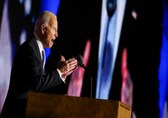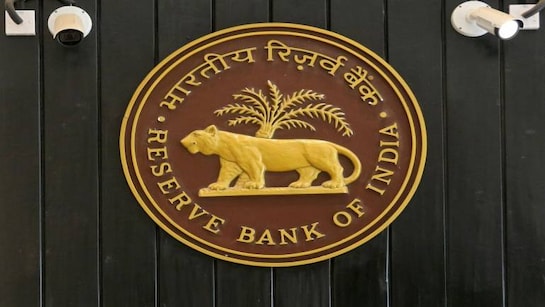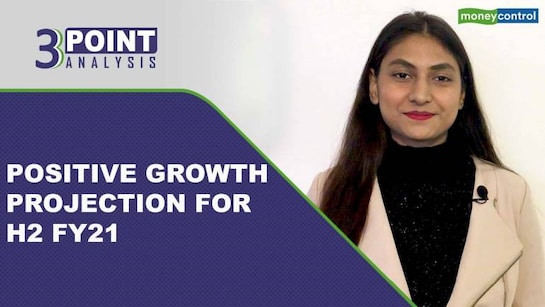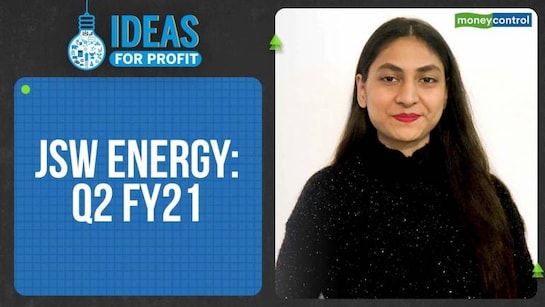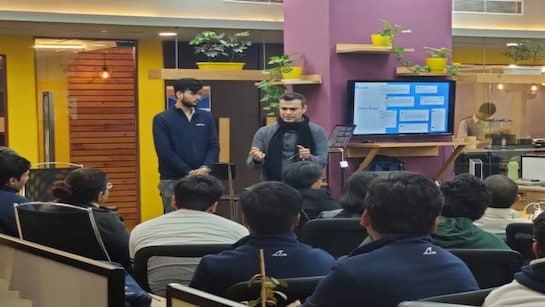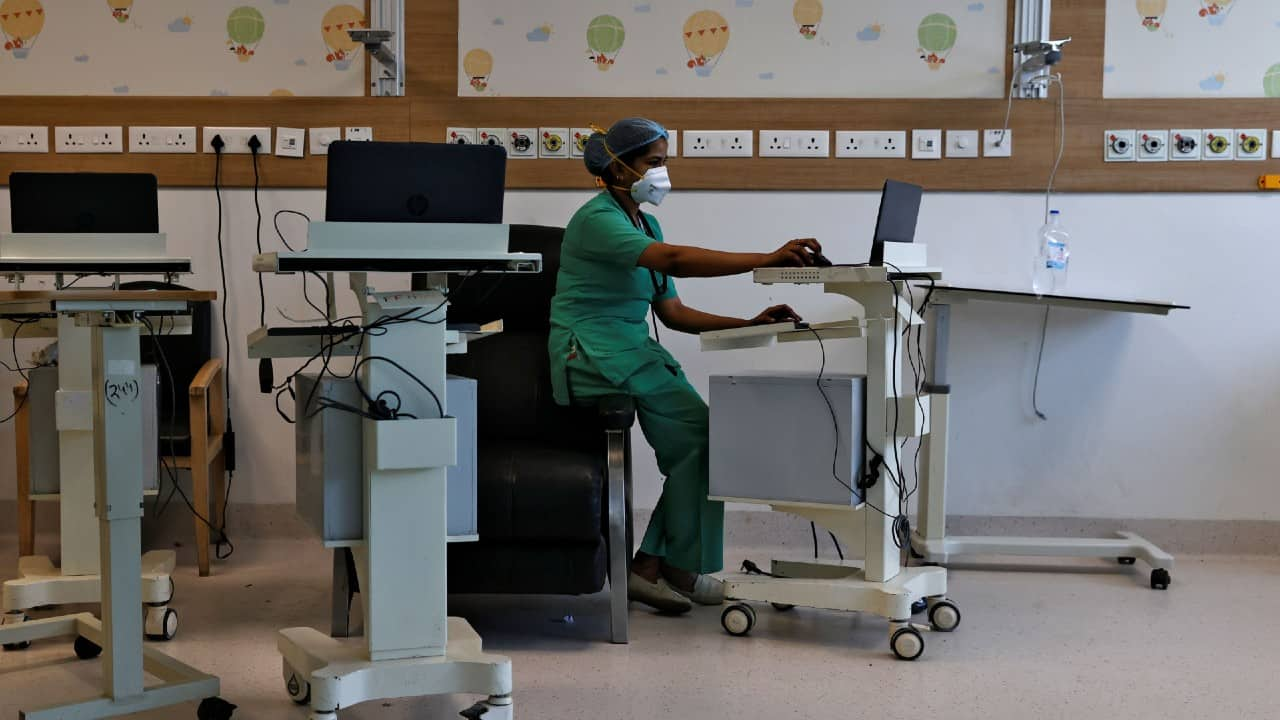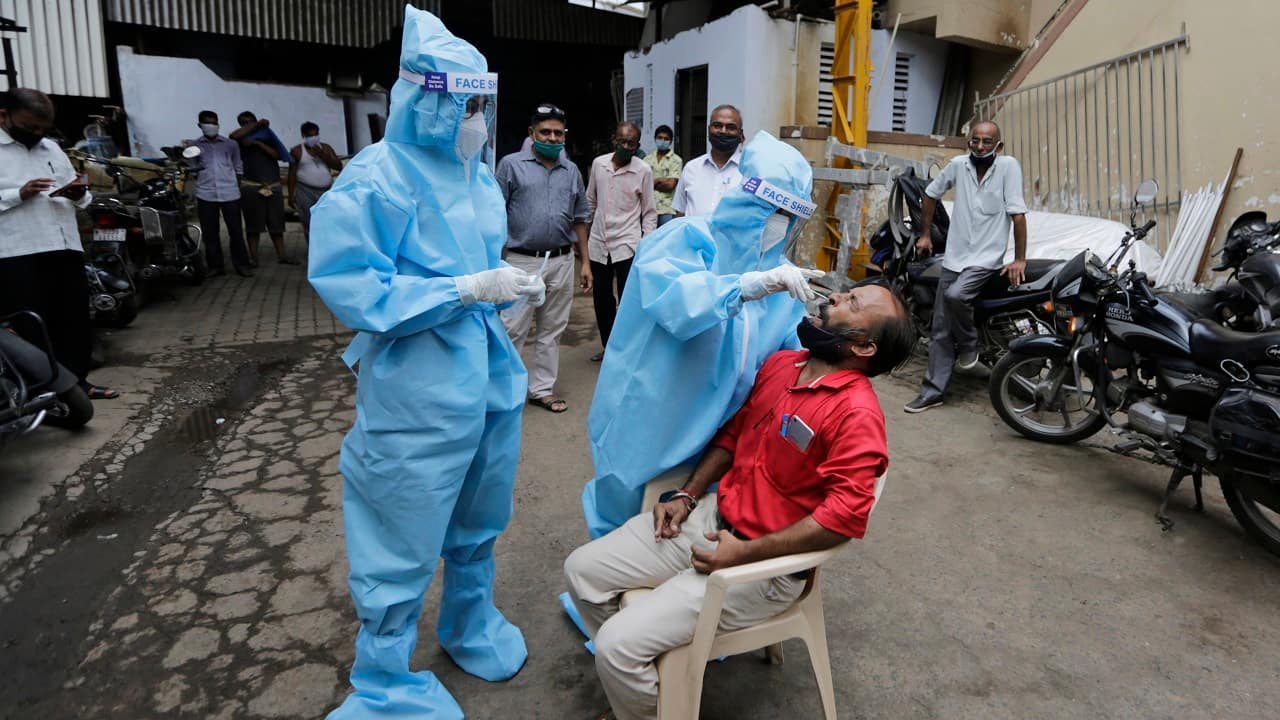File image of Canadian Prime Minister Justin Trudeau
The ruling Bharatiya Janata Party (BJP) on December 5 slammed Canada’s stand on the farmers’ protests happening in India as "nothing but hypocrisy”.
Vijay Chauthaiwale, the in-charge of BJP’s foreign policy department, said in a series of tweets that Canada is a “strident critic” of the minimum support price (MSP) system and other agricultural policies at the World Trade Organization (WTO). Chauthaiwale argued that Canada “often questions India’s domestic agriculture measures, including food and livelihood security”.
Chauthaiwale claimed that Canada is a member of the Cairns Group of agricultural exporters, whose “objective in WTO negotiations is to seek increased market access in countries like India” and seeks reduction in the agricultural subsidies provided to domestic producers.
The Cairns Group, or Cairns Group of Fair Trading Nations, is an interest group comprising 20 agricultural exporting countries. Besides Canada, the group includes Australia, Brazil, Chile, Indonesia, Malaysia, New Zealand, Pakistan, the Philippines, South Africa, Thailand and Vietnam.
According to a communiqué issued in 2013, the interest group seeks to promote further agriculture trade reform “in order to create a fairer and more predictable trading environment” for all agricultural producers.
The group had also expressed concern over the “trend of import restrictions inconsistent with the Agreements on the Application on Sanitary and Phyto-sanitary Measures and on Technical Barriers to Trade on agricultural products”.
“It (Canada) also opposes import restrictions to protect India's farmers. The questions posed by Canada to India regarding India’s agri policies in WTO are evidence of the fact that Canada has scarce interest in the genuine well-being of Indian farmers and agriculture producers,” Chauthaiwale said in another tweet.
The sharp criticism came days after Canadian Prime Minister Justin Trudeau publicly backed Indian farmers’ agitation against the three contentious farm laws. Expressing concern over the situation, Trudeau said his country will always be there to defend the rights of peaceful protests.
Reacting to Trudeau’s comments, India on December 4 summoned the Canadian High Commissioner Nadir Patel and told him that remarks by Trudeau and others in his Cabinet were an “unacceptable interference” in India’s internal affairs. If continued, Patel was warned, it will have a “seriously damaging” impact on bilateral ties.
On December 1, the Ministry of External Affairs had called Trudeau’s remarks "ill-informed" and "unwarranted", saying the farmers’ protest was a matter pertained to internal affairs of a democratic country.
Those criticising Trudeau over recent developments claim that Canada has been consistently challenging farm subsidies in India which are seen as crucial for Indian farmers. They also say that remarks by Trudeau are in contradiction to Canada’s stand at the WTO where it is seen challenging the MSP system, hinting that issue is being raked up for political reasons.
According to a report by ThePrint, Canada registered 25 questions to India in July regarding farm subsidy and also explained the impact such food subsidies have on global agricultural trade. In September, Canada posed another set of questions to India regarding “multiple agriculture policies and transparency issues arising from its new domestic support notifications”.
In July 2019, Canada was one of many developed countries who reportedly attempted to take India to the WTO’s dispute settlement body over the MSP issue. This came even as the WTO General Council’s decision in November 2014 made it clear that the mechanism, under which
WTO members will not challenge public stock-holding programme of developing members for food security purposes, will remain in place in perpetuity until a permanent solution is agreed.












_2020091018165303jzv.jpg)













